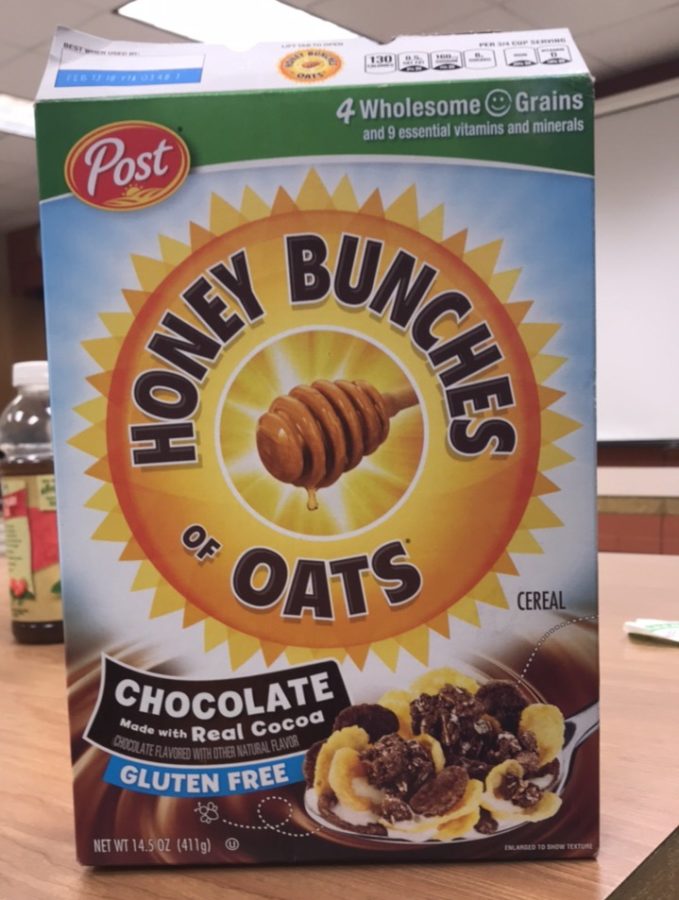Is The Anti-GMO Market Deceptive?
The truth of the anti-GMO market involved deceit and fear
Honey Bunches of Oats is among the foods that contain GMOS
The usage of GMOs in food products has long been questioned by activists. Afraid of the dangers poised by genetic altercation, consumers sparked an Anti-GMO Movement by deciding not to purchase any genetically engineered foods. I believe that the market’s goal is to cleverly deceive the consumer by preying on their fears and asserting falsified claims about the dangers of GMOs.
The Anti-GMO market uses practical marketing tactics to convince the consumer to buy their products. They pit GMO based companies (such as Wheat Thins and Pringles) as the enemy, and distort the consumer’s mind with absurd claims, like how they can impact fertility or breastmilk. They do this to convince their target audience that all GMOs are bad, and in doing so, paint them as the adversary of the consumer’s health . Ultimately, they are playing into the fears of the consumer, making the entire market deceptive in nature.
The issue with the Anti-GMO movement is that the market is providing the consumer with misleading information, and in doing so, are making them fearful for their health and safety. The market shouldn’t be preying on the people’s fears to receive a profit. They shouldn’t lead them astray from the truth that not all GMOs are bad. The deceptiveness of the Anti-GMO market is harmful, and needs to end. As the movement gets larger, we shouldn’t let the market play into our ignorance, but instead look at the facts and break away from the deceit.



